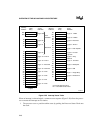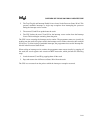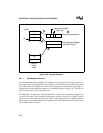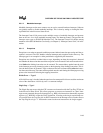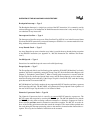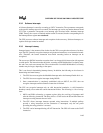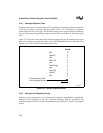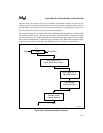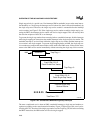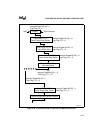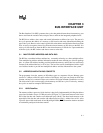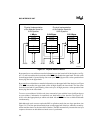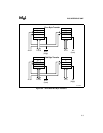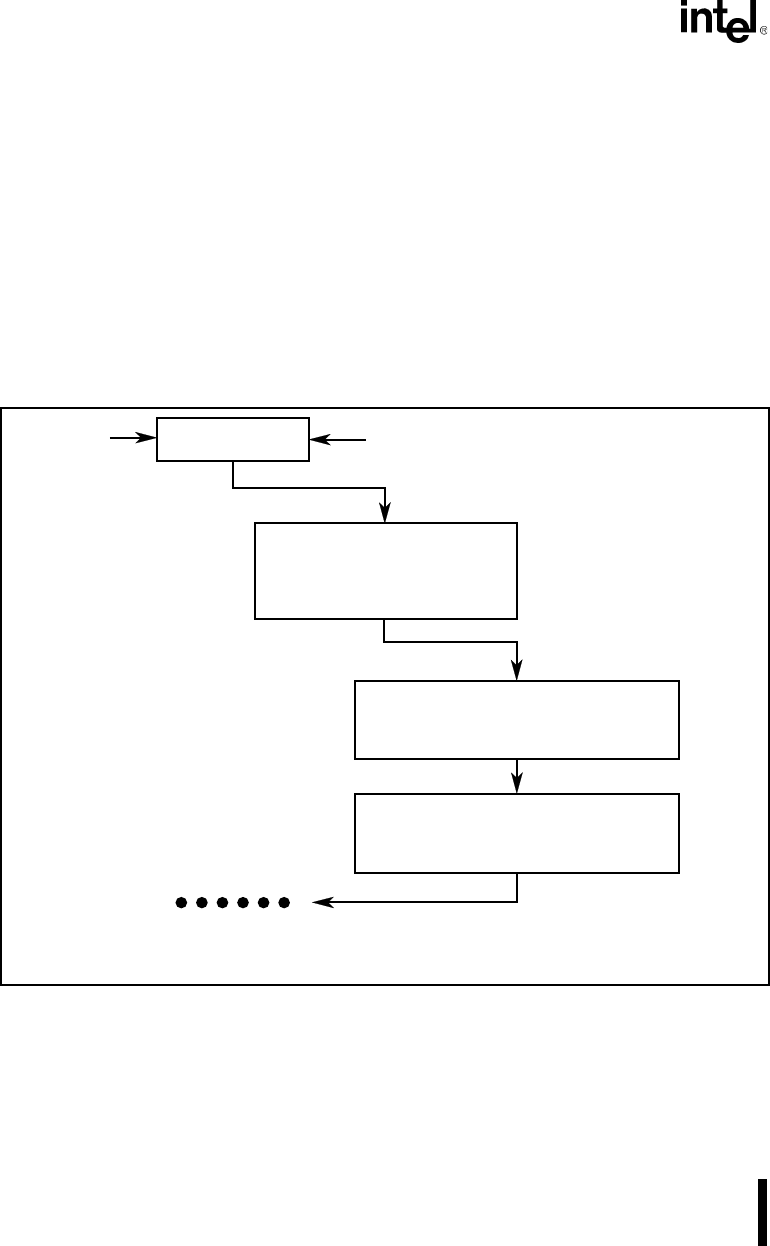
OVERVIEW OF THE 80C186 FAMILY ARCHITECTURE
2-48
Single step priority is a special case. If an interrupt (NMI or maskable) occurs at the same instruc-
tion boundary as a single step, the interrupt vector is taken first, then is followed immediately by
the single step vector. However, the single step service routine is executed before the interrupt
service routine (see Figure 2-29). If the single step service routine re-enables single step by exe-
cuting the IRET, the interrupt service routine will also be single stepped. This can severely limit
the real-time response of the CPU to an interrupt.
To prevent the single-step routine from executing before a maskable interrupt, disable interrupts
while single stepping an instruction, then enable interrupts in the single step service routine. The
maskable interrupt is serviced from within the single step service routine and that interrupt ser-
vice routine is not single-stepped. To prevent single stepping before an NMI, the single-step ser-
vice routine must compare the return address on the stack to the NMI vector. If they are the same,
return to the NMI service routine immediately without executing the single step service routine.
Figure 2-29. Simultaneous NMI and Single Step Interrupts
The most complicated case is when an NMI, a maskable interrupt, a single step and another ex-
ception are pending on the same instruction boundary. Figure 2-30 shows how this case is prior-
itized by the CPU. Note that if the single-step routine sets the Trap Flag (TF) bit before executing
the IRET instruction, the NMI routine will also be single stepped.
NMI
IRET
Instruction
Trap Flag = 1
Push PSW, CS, IP
Fetch Divide Error Vector
Trap Flag = 0
Execute Single Step
Service Routine
Push PSW, CS, IP
Fetch Single Step Vector
Trap Flag = ???
A1032-0A



